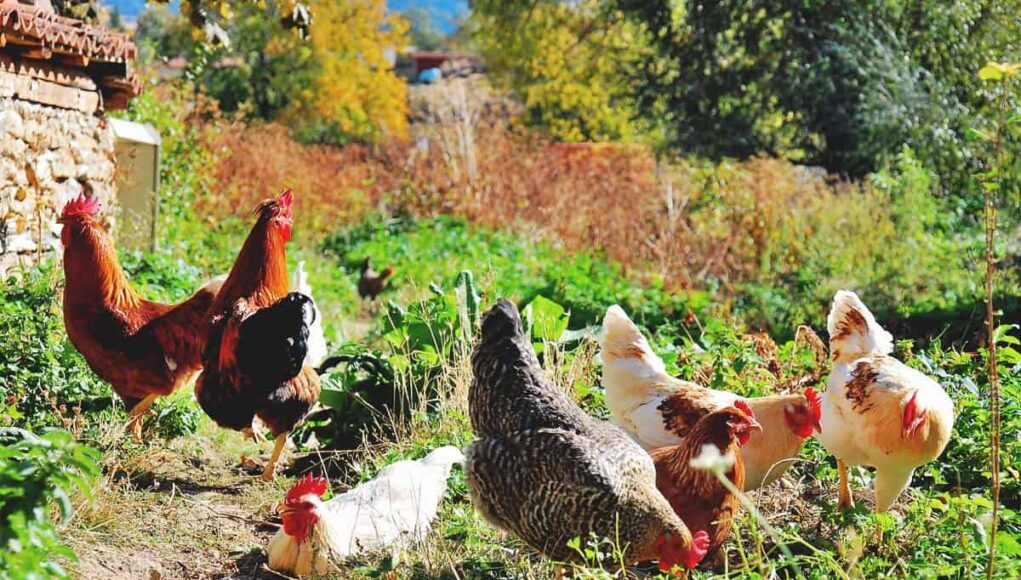Raising healthy chickens is a rewarding activity, and many poultry keepers are exploring natural methods to ensure their flock’s wellbeing. One effective and often overlooked method is the use of charcoal. This article will guide you on how to use charcoal for chickens to benefit their health and provide them with a natural boost. By understanding the benefits and proper usage, you can integrate this simple yet powerful tool into your chicken-keeping routine.

Understanding Charcoal
Charcoal is a byproduct of burning wood or other organic materials in the absence of oxygen. This process, known as pyrolysis, creates a substance that is porous and has excellent adsorptive properties. These properties make charcoal effective at cleansing and detoxifying.
Why Use Charcoal for Chickens?
Charcoal offers several benefits when used correctly with chickens. It can help improve digestion, reduce intestinal parasites, and act as a natural detoxifier. Additionally, charcoal can enhance the absorption of nutrients, leading to healthier and more robust chickens.
Digestive Aid
Chickens often ingest small stones and grit to aid in the grinding and digestion of food. Charcoal serves a similar purpose by helping to break down food particles more efficiently. Its adsorptive properties can also bind to toxins and help eliminate them from the digestive tract.
Natural Detoxifier
As a natural detoxifier, charcoal can help remove harmful substances and impurities from the chicken’s body. This cleanse can lead to better overall health and resistance to various diseases.
Reducing Parasites
Intestinal parasites can pose significant health risks to chickens. Charcoal can help reduce the burden of these pests by creating an environment that is less conducive to their survival.
How to Administer Charcoal to Chickens
To effectively use charcoal for your chickens, it’s important to know how to administer it properly. The following methods are simple and effective ways to introduce charcoal into your flock’s diet.
Mixing with Feed
One of the easiest ways to give charcoal to chickens is by mixing it with their regular feed. You can crush the charcoal into a fine powder and blend it thoroughly with the feed. This method ensures that each chicken receives a consistent amount.
Providing Free Access
Another method is to offer charcoal in a separate dish, allowing chickens to consume it at their own pace. This self-regulation can be beneficial as chickens often know how much they need.
Adding to Water
Charcoal can also be added to drinking water. This method requires careful monitoring to ensure the water remains clean and the charcoal does not settle at the bottom.
How Much Charcoal to Use
While charcoal is beneficial, it’s important not to overdo it. A moderate amount is sufficient to provide health benefits without causing any adverse effects. Generally, a small handful of crushed charcoal per 10 birds is a good starting point.
Safety Considerations
When using charcoal, ensure it is free from chemicals and additives. Only use natural, untreated wood charcoal to avoid introducing harmful substances to your chickens.
Potential Side Effects
While rare, overconsumption of charcoal may lead to constipation. Monitoring your flock and adjusting the amount of charcoal is key to avoiding any issues.
Integrating Charcoal with Other Natural Remedies
Charcoal can be part of a broader natural health regimen for your chickens. Consider combining its use with other natural remedies, like herbs and garlic, to further boost your chickens’ health.

FAQs
Can charcoal replace grit in a chicken’s diet?
No, charcoal should not replace grit. While it aids digestion, grit is essential for grinding food in a chicken’s gizzard.
Is charcoal safe for all types of poultry?
Yes, charcoal is generally safe for various types of poultry. However, always start with small amounts and observe your flock for any reactions.
Can I use charcoal from my barbecue?
It’s best to avoid charcoal from barbecues as it may contain lighter fluid or other chemicals. Always use natural wood charcoal for your chickens.
For more information on natural remedies for poultry, you can visit Natural Remedies for Viral Infection in Poultry.
This article contains affiliate links. We may earn a commission at no extra cost to you.










